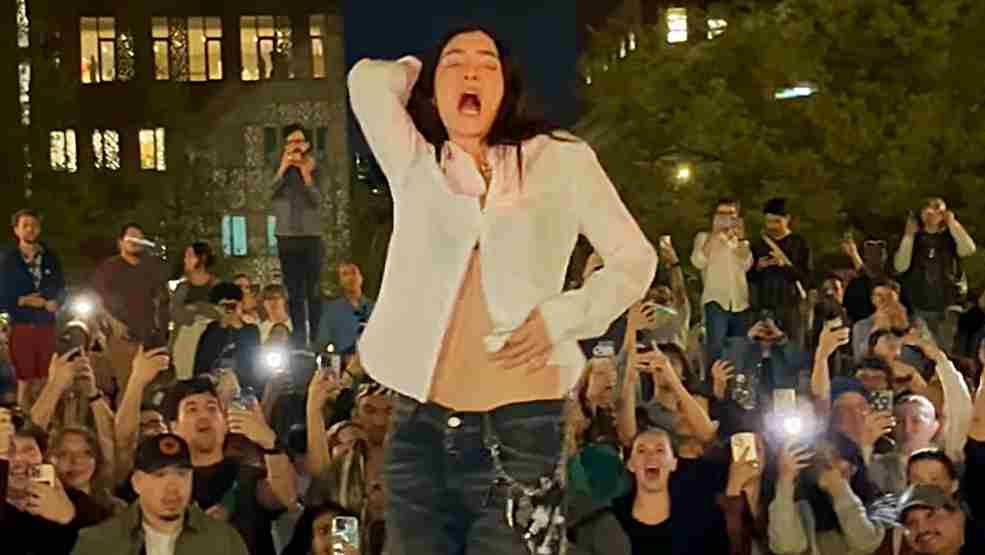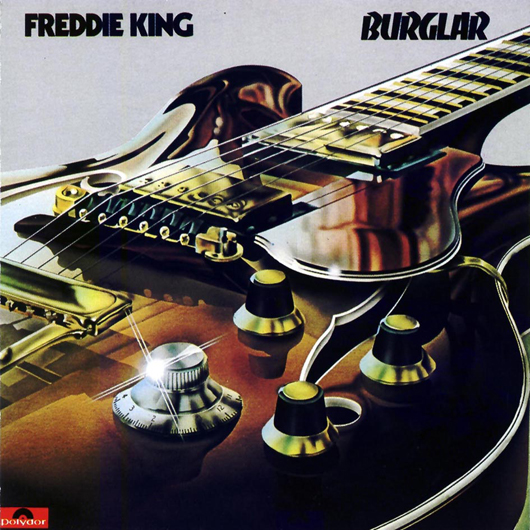
Freddie King - Burglar (1974)
While touring the world with The Allman Brothers Band, The Dead and, of course, leading his own outfit, Gov't Mule, it's a wonder that Warren Haynes has any time at all to listen to music that he isn't making himself.
And yet, the guitarist who has traded licks with everyone from Eric Clapton to Billy Gibbons, and who was not only ranked 23rd on Rolling Stone's list of the 100 Greatest Guitarist Of All Time but was also voted by MusicRadar readers as one of the 17 Unsung Les Paul Legends, has a record collection (not to mention an iPod) that goes deep.
Deep blues, that is. On the following pages, Haynes runs down his favorite blues albums of all time, those records that got under his skin, made the hair on the back of his neck stand on end and, more importantly, forced him to strike a deal with the Devil...at the crossroads, naturally. He kicks things off with Freddie King:
"A great example of a blues artist taking the genre into the future by combining other idioms. Eric Clapton realized this: he was greatly influenced by Freddie King and started talking about him to the press. Because of this, a lot of ‘rock’ fans purchased this record.
"Beyond the guitar playing, it also reveals King to be a most gifted blues singer."
Listen: Freddie King - She's A Burglar (1974)
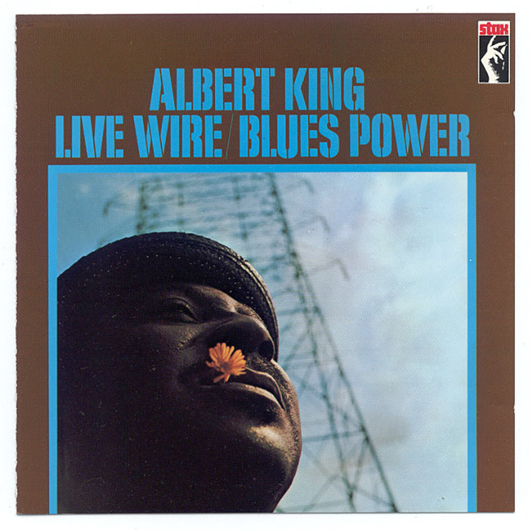
Albert King - Live Wire/Blues Power (1968)
"I've always maintained that Albert King’s influence on rock guitar is not as acknowledged as it should be, which is surprising when you consider the effect he had on Jimi Hendrix, Eric Clapton, Duane Allman and Stevie Ray Vaughan, among others.
"I think part of the problem lies in how truly original he was. From a lineage point of view, he stands alone: no one before him had his sound. This is Albert King at his absolute best."
Listen: Albert King - Night Stomp (1968)
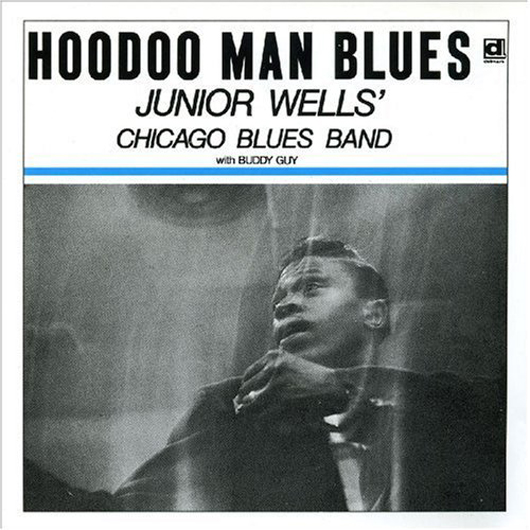
Junior Wells (featuring Buddy Guy) - Hoodoo Man Blues (1965)
"A very important album, not just because of the performances, but because it’s a very different-sounding recording with a song selection that influenced a lot of artists and bands.
"Junior mixed the traditional style of Sonny Boy Williamson with the funk of James Brown to create something fresh and unique."
Listen: Junior Wells (featuring Buddy Guy) - Snatch It Back And Hold it (1965)
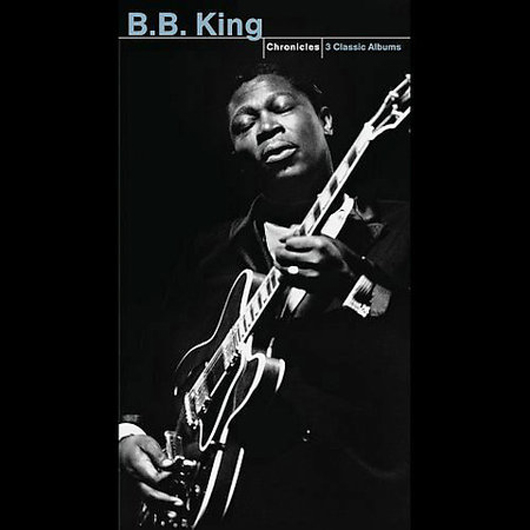
BB King - Chronicles: Live At The Regal/Blues Is King/ Live At Cook County Jail (compilation, years various)
"As is often the case, hearing your favorite artists captured live offers some real insight into their true musical abilities.
"These three albums document an ‘on fire’ BB King a few years apart (1965-71), during which he grew incredibly as a player and singer. And since they’re all on one CD collection, there's no reason not to own them all!"
Listen: BB King - Sweet Little Angel (from Live At The Regal 1965)
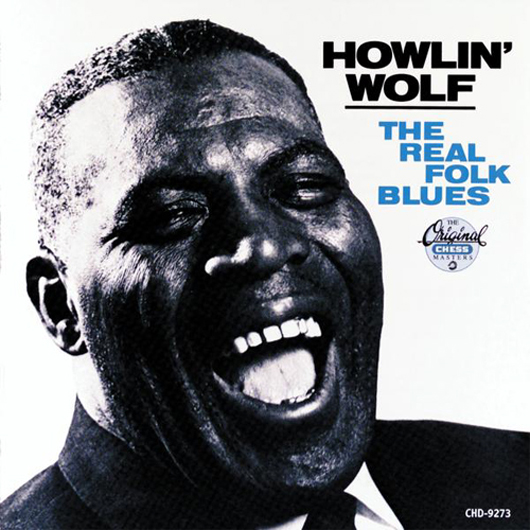
Howlin' Wolf - The Real Folk Blues (compilation, years various)
"At the risk of repeating myself, once again, these collections do a great job of capturing the essence of our most important blues artists.
"In addition to being possibly the most powerful and unique blues singer ever, Wolf’s strengths as a songwriter were unbelievable."
Listen: Howlin' Wolf - Natchez Burning (1956)
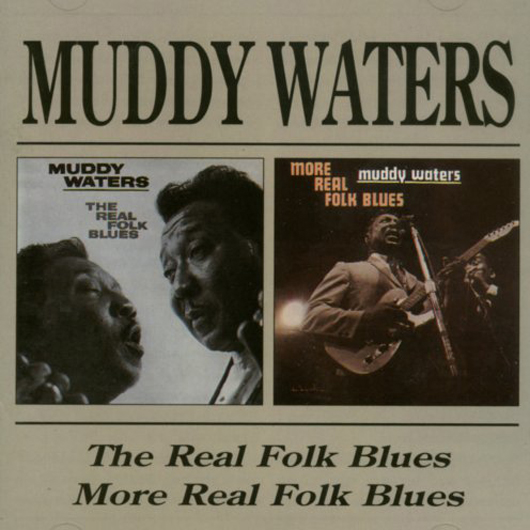
Muddy Waters - The Real Folk Blues/More Real Folk Blues (compilation, years various)
"Since most blues artists in the early days didn't record full-length albums, compilations can be a fantastic way of hearing their finest moments.
"This is a great collection and showcases the quintessential style of blues that the master created."
Listen: Muddy Waters - Walkin' Blues (1950)
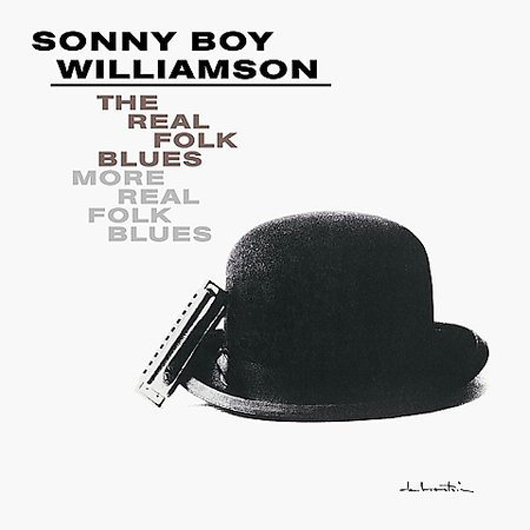
Sonny Boy Williamson - The Real Folk Blues/ More Real Folk Blues (compilation, years various)
"Both records are available on one CD, so you might as well grab it. The albums offer definitive proof that Sonny Boy, in addition to being an incredible harmonica and vocal stylist, was also a world-class blues songwriter."
Listen: Sonny Boy Williamson - Too Young To Die (1960)
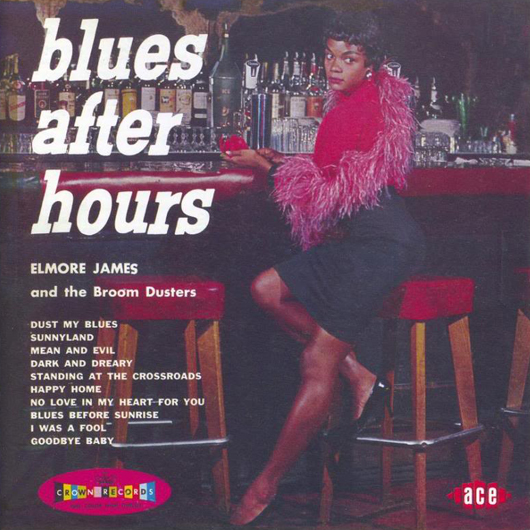
Elmore James - Blues After Hours (1961)
"It's hard to go wrong with any Elmore set, but this is his first full-length recording, on which he demonstrates not only how he took slide guitar into the future but that he also possessed one of the greatest blues voices of all time."
Listen: Elmore James - Rock My Baby Right (1961)
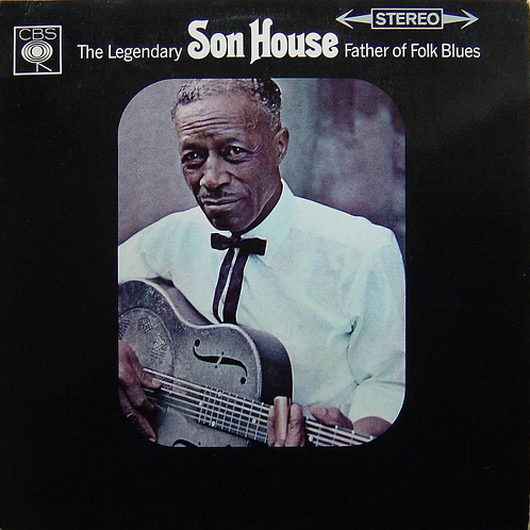
Son House - Father Of The Folk Blues (1965)
"Recorded after he came out of retirement, this collection captures some of his best recordings. Absolutely amazing."
Listen: Son House - Death Letter (1965)
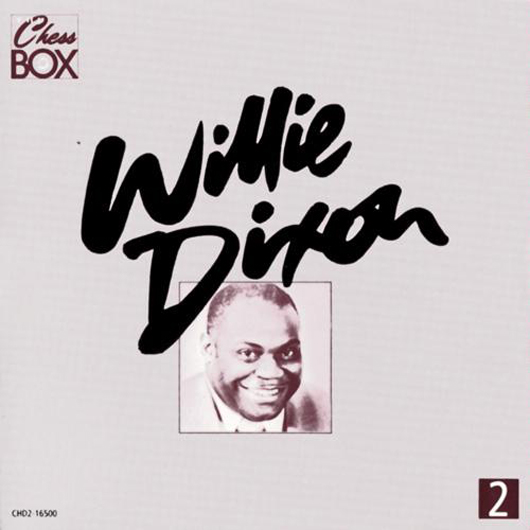
Willie Dixon - The Chess Box (compilation, years various)
"This is a desert island disc pick of the highest order. It features all of my favorite blues artists doing Willie Dixon songs. What could be better? The Otis Rush material alone is worth the price of admission."
Listen: Otis Rush - You Know My Love (1960)
Liked this? Now read: A-Z of the blues
Connect with MusicRadar: via Twitter, Facebook and YouTube
Get MusicRadar straight to your inbox: Sign up for the free weekly newsletter
Joe is a freelance journalist who has, over the past few decades, interviewed hundreds of guitarists for Guitar World, Guitar Player, MusicRadar and Classic Rock. He is also a former editor of Guitar World, contributing writer for Guitar Aficionado and VP of A&R for Island Records. He’s an enthusiastic guitarist, but he’s nowhere near the likes of the people he interviews. Surprisingly, his skills are more suited to the drums. If you need a drummer for your Beatles tribute band, look him up.
"At first the tension was unbelievable. Johnny was really cold, Dee Dee was OK but Joey was a sweetheart": The story of the Ramones' recording of Baby I Love You
"Reggae is more freeform than the blues. But more important, reggae is for everyone": Bob Marley and the Wailers' Catch a Fire, track-by-track
"At first the tension was unbelievable. Johnny was really cold, Dee Dee was OK but Joey was a sweetheart": The story of the Ramones' recording of Baby I Love You
"Reggae is more freeform than the blues. But more important, reggae is for everyone": Bob Marley and the Wailers' Catch a Fire, track-by-track


